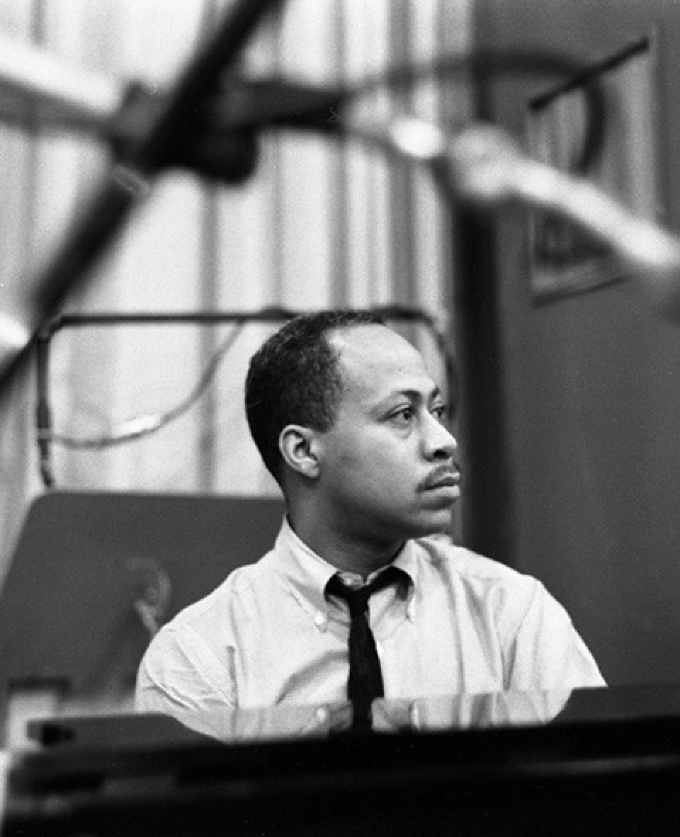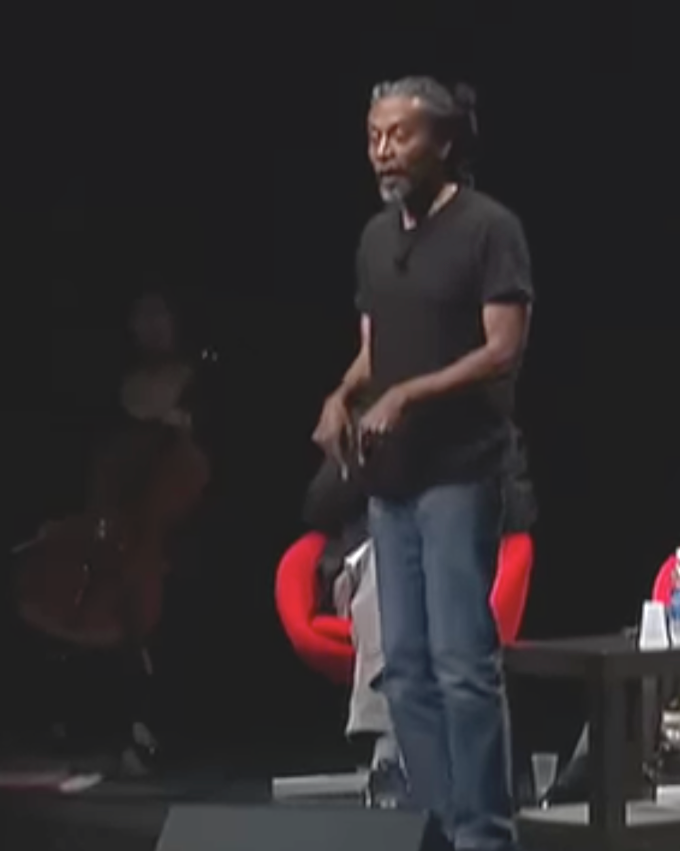July 11, 2025
Learning
A jazz master shows how to contribute when your footing isn't what you thought it was

"Flanagan's style was both modest and exceptionally musical. He embodied many of the most important qualities associated with jazz: swing, harmonic sophistication, melodic invention, bluesy feel and humor.... His awkward solo, recorded on the extremely fast and harmonically complex title-track of Giant Steps, is an infamously rare instance of the usually unflappable pianist being caught off-guard." - ArtistInfo
Chris Corrigan is a facilitator, consultant, and teacher with deep expertise in participatory processes, large-group facilitation, and dialogic approaches to organizational change and complexity.
Recently, he reflected on how each facilitation is unique—and how unpredictability is simply part of the work. The kinds of sessions he leads are often unfamiliar, not only to the organizations but to him as well. Every group, context, and challenge is different.
When the preparation is solid and participants arrive ready, things usually click: the process flows, energy is high, and real progress is made. But not always. Sometimes things get messy. The group gets stuck, the starting point is unclear, or nothing seems to land.
In moments like that, he says, he thinks of Tommy Flanagan, the renowned jazz pianist. He tells the story of the 1959 recording of John Coltrane’s Giant Steps. Coltrane introduced the title song to Flanagan slowly—at 60 beats per minute—so that he could emphasize the song's complex changes. At that speed Flanagan assumed that the song was a ballad, and practiced it accordingly. But in the studio, Coltrane counted off the tune at a blistering 300 BPM. Flanagan couldn’t keep up.
Still, he rolled with it. Corrigan holds up Flanagan’s solo as a superb example of a world-class musician trying something, getting lost, and working through. He was bewildered, he ran out of ideas—but he stayed with it and saw it through.
"Facilitation is like that sometimes too. You know you’re stuff, you are good at it, and then you find yourself in a context where things are not what you expected and you dry. It doesn’t mean you’re not good at your job."
"Flanagan, by the way, had more than the last word on this piece of music. After Coltrane died he recorded a lovely version of it on a tribute album that has a solo that rivals Coltrane’s and is maybe even better for its lucidity and cohesiveness and swing."
ARTICLE: Tackling Giant Steps




